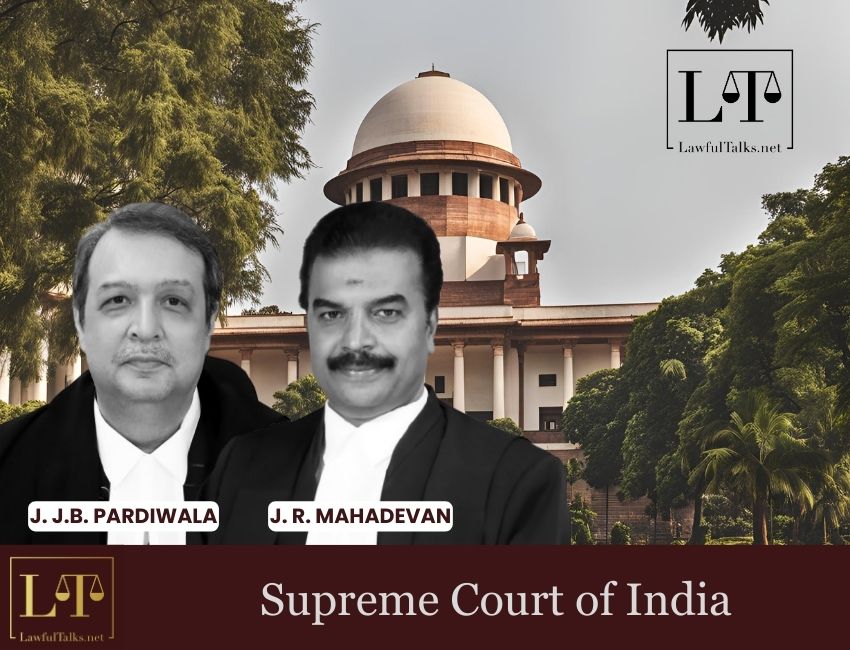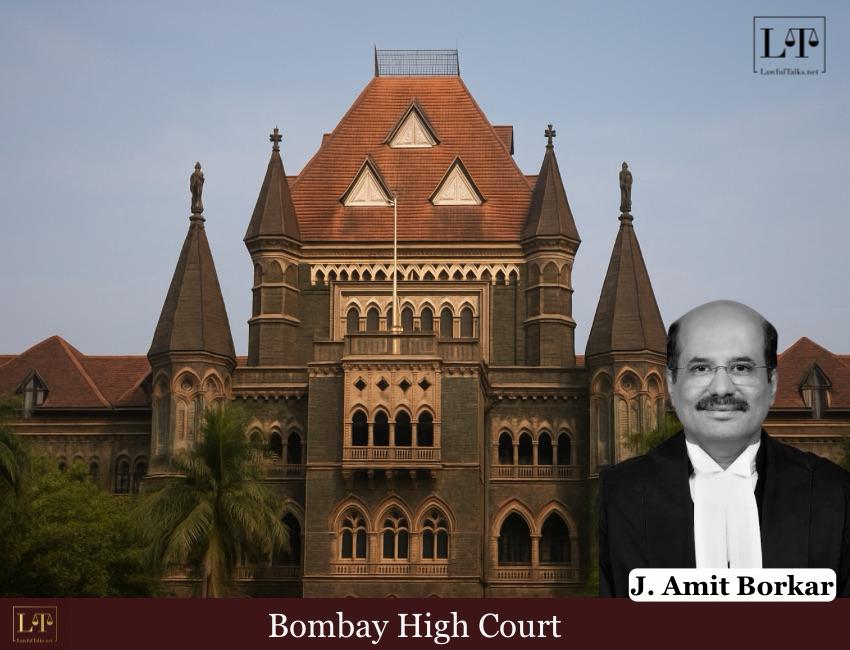Allahabad HC Sets Aside Afzal Ansari's Conviction, Allows Him to Continue as MP

A Supreme Court bench comprising Justice JB Pardiwala and Justice R Mahadevan strongly criticized the appointment of Government Pleaders and Public Prosecutors in High Courts based on political considerations rather than merit. The Court emphasized that favouritism and nepotism should not dictate these appointments and that the State Government owes a duty to ascertain the ability of the person; how proficient the person is in law, his overall background, his integrity etc.

The case under review involved a criminal appeal before the Punjab and Haryana High Court, where poor legal assistance from the Public Prosecutor resulted in an illegal sentencing. The High Court reversed the acquittal of the accused in a revision petition, which is legally impermissible. Instead of pointing this out, the Public Prosecutor went a step further and sought death penalty for the accused, despite the State not having appealed against the acquittal. Expressing shock at the state of prosecution standards, the Supreme Court ordered the State of Haryana to compensate the three wrongfully convicted appellants with ₹5 lakh each.
The Court condemned the low standard of Public Prosecutors, lamenting, “Such is the standard of the Public Prosecutors in the High Courts of the country.”
Expanding on the duties of Public Prosecutors, the Court observed, “Public Prosecutor holds a ‘Public Office.’ The primacy given to him under the Scheme of CrPC has a ‘special purpose.’ Certain professional, official obligations and privileges are attached to his office. Prosecutor is not a part of investigating agency but is an ‘independent statutory authority.’ He holds an office of responsibility as he has been enclothed with the power to withdraw the prosecution of a case on the directions of the State Government.” This independence is critical in ensuring a fair trial. The Public Prosecutor must be a “person of high merit, fair and objective, because upon him depends to a large extent the administration of criminal justice.”
The Court further stated, “The person appointed as Public Prosecutor must, therefore, be one who is not only able and efficient, but also enjoys a reputation and prestige which satisfy his appointment as a Public Prosecutor.” The prosecutor’s duty is to assist the Court in reaching a proper conclusion, ensuring that all evidence; both for and against the accused, is presented fairly.
The judgment made a critical point stating, “A Public Prosecutor is not expected to show a thirst to reach the case in the conviction of the accused somehow or the other irrespective of the true facts of the case. The expected attitude of the Public Prosecutor while conducting prosecution must be couched in fairness not only to the Court to the investigation agencies but to the accused as well.” If an accused is entitled to any legitimate relief, the Public Prosecutor must highlight it before the Court, even if the defence or the judge overlooks it. The Court made it clear that “If an accused is entitled to any legitimate benefit during trial, the Public Prosecutor should not scuttle/conceal it. On the contrary, it is the duty of the Public Prosecutor to winch it to the fore and make it available to the accused. Even if the court or defence counsel overlooked it, the Public Prosecutor has the added responsibility to bring it to the notice of the Court, if it comes to his knowledge.”
The Court held the State Government accountable for the failure of Public Prosecutors, ruling that “The object of the CrPC and the Rules is to appoint the best among the lawyers as the Public Prosecutor to provide assistance to the Court.” Stressing the people’s vital interest in the integrity of prosecutions, the Supreme Court reaffirmed that only the most competent, fair, and ethical lawyers should be entrusted with this role. This ruling serves as a stern warning to State Governments to abandon political favouritism in legal appointments and ensure that justice prevails through merit-based selections.
Case Title: Mahabir and others vs State of Haryana
Advocates For Appellants: Ms. Indira Unninayar, AOR Mrs. Rukhsana Choudhury, Adv.
Advocates For Respondents: Mr. Deepak Thukral, A.A.G. Mr. Samar Vijay Singh, AOR Mr. Vikas Singh Jangra, Adv. And ORS.





















































































































































































































































































































































































































































































































































































































































































































































































































